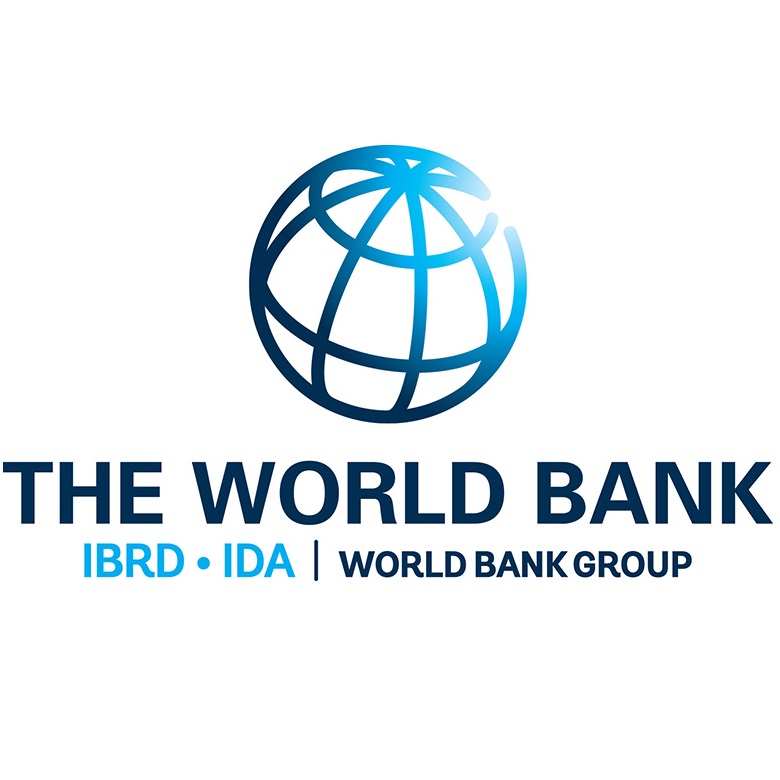High Frequency Phone Survey - Internally Displaced Persons (IDP) and Returnees Sample 2020
Iraq, 2020 - 2021
Get MicrodataIdentification
WBG_IRQ_2020_HFPS-IDP_v01_M
High Frequency Phone Survey - Internally Displaced Persons (IDP) and Returnees Sample 2020
| Name | Country code |
|---|---|
| Iraq | IRQ |
Other Household Survey [hh/oth]
Starting in August 2020, the World Bank in collaboration with the World Food Programme (WFP)began conducting a monthly phone survey to collect socioeconomic microdata to assess howIraqis had fared during the COVID-19 pandemic on a nationally representative sample. With thefinancial support from the World Bank – UNHCR Joint Data Center on Forced Displacement, thesurvey for October 2020 through January 2021 rounds extended the sample size in the North andKurdistan regions to include separate strata for vulnerable Iraqis who had been displaced due tothe ISIL conflict. The short and repeated household phone-survey collected information on keyindicators such as employment, food insecurity, subjective wellbeing and access to market,healthcare, and education to identify the most vulnerable groups and assess their needs.
The objective of the Iraq High Frequency Phone Survey 2020/21 is to monitor the impact of COVID-19 and the economic downturn on Iraqi individuals and households, and consequently better inform government mitigation policies – in the short- and medium-run. The short and repeated household phone-survey collected information on key indicators such as employment, food insecurity, subjective wellbeing and access to market, healthcare, and education to identify the most vulnerable groups and assess their needs. The phone survey was implemented on a monthly basis to monitor changes over time.
Sample survey data [ssd]
Individual and Household
Version
Version 01: Edited, anonymized dataset for public distribution
Scope
The Iraq 2020/21 HFPS-IDP covered the following topics:
- Demographic
- Employment
- Entrepreneurial/business activities
- Food consumption
- Reduced coping strategy index
- Access to food and market
- Transfers
- Health status and access to health services
- COVID-19 TEST and VACCINE (only in January round)
- Education/ distance learning
- Household expenses (only in January round)
Coverage
While the IDP sample covers the governorates in the North and the Kurdistan Regions, the Returnee sample covers the governorates in the North region.
Producers and sponsors
| Name |
|---|
| World Bank |
| Name | Role |
|---|---|
| World Food Programme | Collaborated in the implementation of the survey |
| Name |
|---|
| World Bank |
| United Nations World Food Programme |
| Joint Data Center on Forced Displacement |
Sampling
IDP Sample
Almost all the IDPs in Iraq are located in the three governorates of Kurdistan region and five governorates of Northern region. Therefore, the coverage of the mobile phone survey for IDP sample was limited to those two regions and create 4 strata: Duhok (stratum 1), Erbil and Sulaimaniya (stratum 2), Nineveh (stratum 3) and rest of northern region i.e., Kirkuk, Diyala, Anber and Salah Al-deen (stratum 4).
Returnee Sample
The forced displaced households that have returned recently are concentrated in the five governorates of Northern region mostly in Nineveh and Anber. The 5 governorates were grouped in to 3 strata - Nineveh (stratum 1), Anber (stratum 2) and rest (stratum 3). A total of 200 Returning IDPs were proposed to be interviewed within a stratum. The proposed sample size of 600 interviews allows to track the change of 10% or over over-time.
Data collection
| Start | End | Cycle |
|---|---|---|
| 2020-10-01 | 2020-10-30 | 1 |
| 2020-11-01 | 2020-11-30 | 2 |
| 2020-12-01 | 2020-12-30 | 3 |
| 2021-01-01 | 2021-01-30 | 4 |
- Computer Assisted Personal Interview [capi]
Data Access
Use of the dataset must be acknowledged using a citation which would include:
- the Identification of the Primary Investigator
- the title of the survey (including country, acronym and year of implementation)
- the survey reference number
- the source and date of download.
Disclaimer and copyrights
The user of the data acknowledges that the original collector of the data, the authorized distributor of the data, and the relevant funding agency bear no responsibility for use of the data or for interpretations or inferences based upon such uses.
Contacts
| Name | Affiliation | |
|---|---|---|
| Lokendra Phadera | World Bank | lphadera@worldbank.org |
Metadata production
DDI_WBG_IRQ_2020_HFPS-IDP_v01_M_WB
| Name | Affiliation | Role |
|---|---|---|
| Development Economics Data Group | The World Bank | Documentation of the DDI |
2021-10-18
Metadata version
Version 01 (October 2021)
